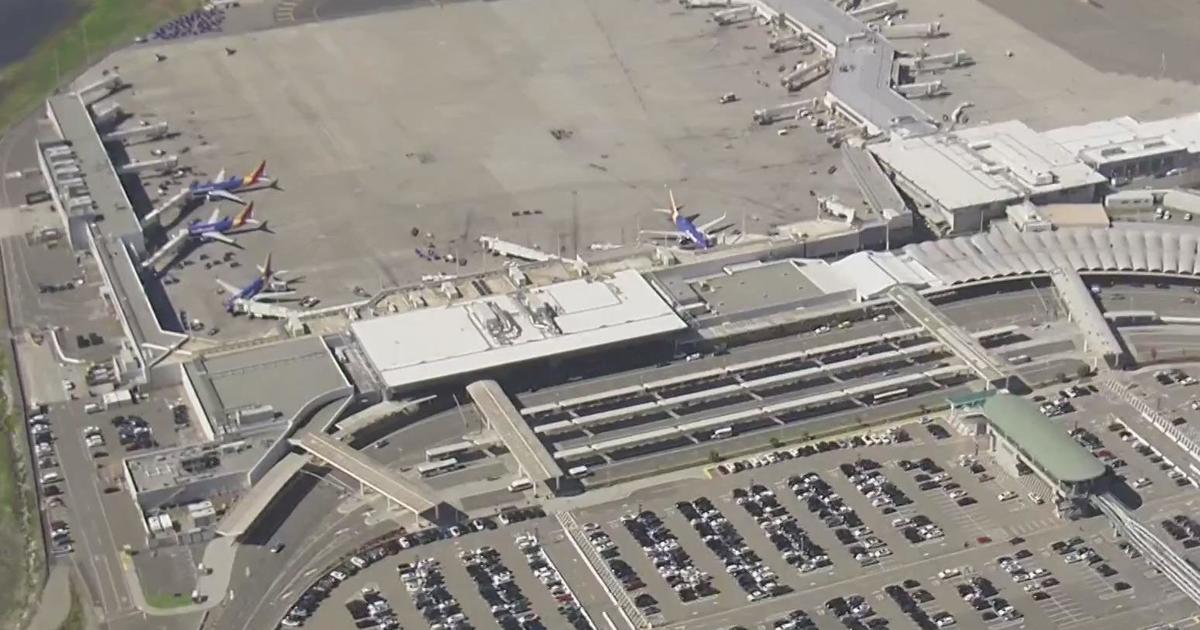Workers at California Academy of Sciences petition for unionization vote
SAN FRANCISCO – Workers at the California Academy of Sciences, the 170-year-old museum and research institute in San Francisco, have petitioned the National Labor Relations Board for an election on union representation.
If a majority of the over 360 eligible staffers vote to approve, they will form CalAcademy Workers United as an affiliate of Service Employees International Union Local 1021.
Members of the union organizing committee said they hope collective bargaining will produce greater job security and enhanced compensation.
"We want better job protections," said Marie Angel, an organizing committee member who has worked at the Academy for over five years as a curatorial assistant in the geology department. "We also want to negotiate our pay and benefits."
While arguing that a union won't necessarily improve conditions for its employees, Academy management is not opposing the vote.
Ronna Kelly, director of communications for the Academy, released a statement from the organization saying, "Allowing staff to vote is the most democratic way for all voices to be heard on this important decision."
Organizers say the movement to unionize followed COVID-related cutbacks that affected 75 percent of employees in June 2020. The Academy was temporarily closed at the time. More than 100 employees were laid off, while more than 250 were placed on temporary furlough or had their salaries temporarily reduced.
Victoria Langlands, an organizing committee member, said workers were frustrated that Academy leadership didn't include their input while determining how the cutbacks would take place.
"The layoff process is intertwined with why we want to unionize," Langlands said. "It lacked transparency and communication at a time when everything was confusing."
Although she got her job back two years later, Langlands was one of those laid off, which she said occurred with just one day's notice.
Angel said worker input with regard to any future cutbacks will be a key goal in bargaining.
The Academy spokesperson Kelly noted that other San Francisco museums, including some with union contracts such as the de Young and the Exploratorium, also experienced COVID-related cuts.
Kelly released a statement from the organization that said Academy management, as well as staff, experienced layoffs and furloughs, and that no salary cuts occurred for those making less than $75,000 a year, and that "laid off staff received generous notice, severance and benefits continuation."
"The Academy is a science-based institution, and we believe staff should have access to the full spectrum of information and facts about unionizing in order to make an informed decision," the Academy's statement said.
Yet some workers who weren't laid off, like organizing committee member Clea Matson, also felt the cuts weren't properly communicated.
"In my department we went from six to three people but there was no discussion about what work people did and what people we needed to make that work continue," Matson said. "It wasn't based on seniority and the reasons for who was let go and who stayed were completely unknown to us."
Another major issue in the unionization effort is wages. The Academy's lowest-paid workers make about $21 an hour, according to Angel, who said some employees need to take on second jobs to make ends meet.
"I fully believe that you should only have to have one job," Angel said. "You shouldn't have to work multiple jobs or rely on a partner who's wealthy just to get by."
In its statement, the museum said its wages are competitive, pointing to union contracts at the Exploratorium and the Asian Art Museum that show the lowest-wage workers receive pay that's comparable to the Academy's. A comparison of other wages wasn't immediately available.
In addition to existing wages, leaders of the union campaign say they want predictability with regard to future raises and yearly cost-of-living increases. Currently, organizing committee members say, individual workers' relationships with management and comfort level of advocating for their own wage increases have an overblown effect on the raise they do or don't get.
"There's a lot of inequity because there's no real system for promotion or pay increases," Matson said.
Kelly said that before COVID, the Academy provided "annual merit-based raises," and that last year, "to partially compensate for lost wages during the COVID pandemic," it provided a pay increase that averaged a 9% to 17% increase for workers making less than $75,000 a year.
Union leaders express optimism about the election, although they argue that an election should not be necessary because a "supermajority" of workers have submitted signed union authorization cards.
"We've already proven we have approval," Angel said. "Why make us go through an election when we've essentially already won?"
The workers were also critical of a staff meeting at the Academy where managers addressed the union issue. Employees said questions could only be submitted in advance.
"An interesting part of the meeting was we weren't allowed to talk," Matson said. "It wasn't a back-and-forth conversation."
According to Matson, during the meeting and in emailed communications, Academy leadership has described the union as coming in from the outside. But she said that workers had been organizing on their own for about a year and only then decided to approach SEIU for help starting in March.
"They talk about the union as a third party coming in and being a dividing influence," Matson said. "But the union is made up of us, academy staff."



